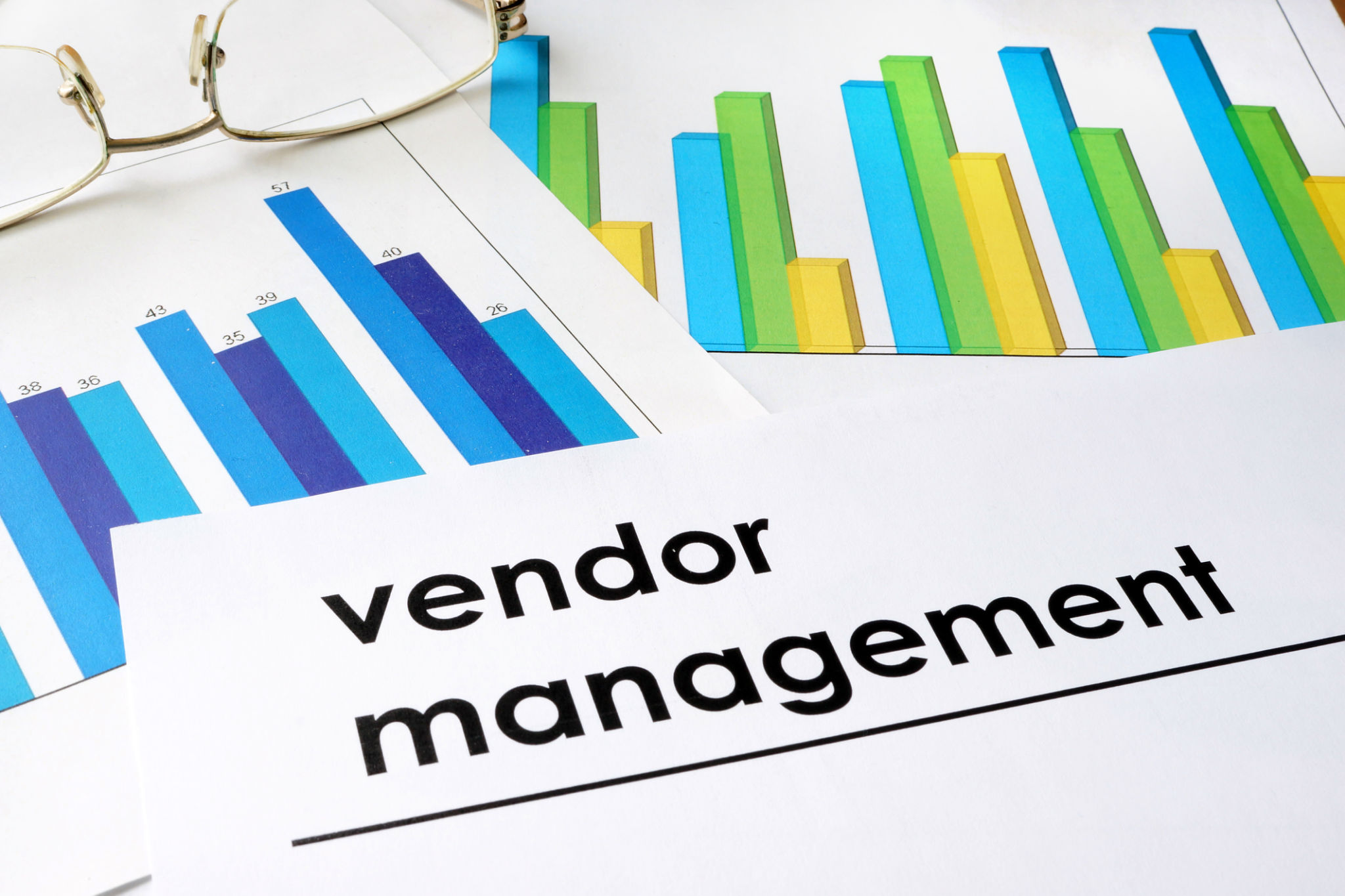Maximizing Efficiency: A Guide to Vendor Management Solutions for IT Companies
MD
Understanding Vendor Management Solutions
In today's fast-paced IT industry, maximizing efficiency is crucial. One of the key strategies to achieve this is through effective vendor management solutions. These solutions help IT companies streamline their operations, enhance relationships with vendors, and ultimately drive better business outcomes. By integrating technology into vendor management, companies can optimize their supply chain and reduce costs.
Vendor management solutions provide a structured approach to managing third-party vendors. They cover everything from contract negotiation to performance monitoring, ensuring that businesses get the best value from their vendors. With the right system in place, companies can achieve significant improvements in service delivery and operational efficiency.

Key Features of Vendor Management Solutions
When selecting a vendor management solution, IT companies should look for several key features. These include:
- Automation: Automating routine tasks helps save time and reduce errors.
- Centralized Data: A single platform for all vendor information enhances visibility and decision-making.
- Risk Management: Tools for assessing and mitigating vendor-related risks are crucial for safeguarding business interests.
- Performance Tracking: Monitoring vendor performance ensures that service levels meet expectations.
A solution that incorporates these features will provide the foundation for a robust vendor management strategy, enabling companies to focus on core competencies while leveraging external expertise effectively.
Benefits of Implementing Vendor Management Solutions
The benefits of implementing vendor management solutions are numerous. Firstly, they help in reducing costs by identifying the most cost-effective vendors and negotiating better terms. They also improve compliance with regulatory requirements by maintaining detailed records of vendor interactions and agreements.

Moreover, vendor management solutions enhance collaboration and communication between companies and their vendors, fostering stronger relationships. This leads to improved service quality and faster issue resolution, ultimately resulting in increased customer satisfaction. Additionally, these solutions provide valuable insights through data analytics, helping businesses make informed decisions.
Best Practices for Effective Vendor Management
To maximize the benefits of vendor management solutions, IT companies should follow certain best practices. Establishing clear objectives and performance metrics is essential to measure success accurately. Regularly reviewing and updating vendor agreements ensures that terms remain relevant and beneficial.
Engaging with vendors through regular meetings and open communication channels helps build trust and collaboration. Furthermore, leveraging technology for real-time data sharing can enhance transparency and responsiveness. By adhering to these practices, companies can create a mutually beneficial environment for both parties.

Choosing the Right Vendor Management Solution
Selecting the right vendor management solution requires careful consideration of specific business needs and objectives. Companies should evaluate potential solutions based on scalability, ease of integration with existing systems, and user-friendliness. It's also important to consider the level of customer support provided by the vendor.
Conducting a thorough assessment and involving key stakeholders in the decision-making process can help ensure that the chosen solution aligns with the company's strategic goals. By selecting a solution that fits their unique requirements, IT companies can unlock new levels of efficiency and productivity.